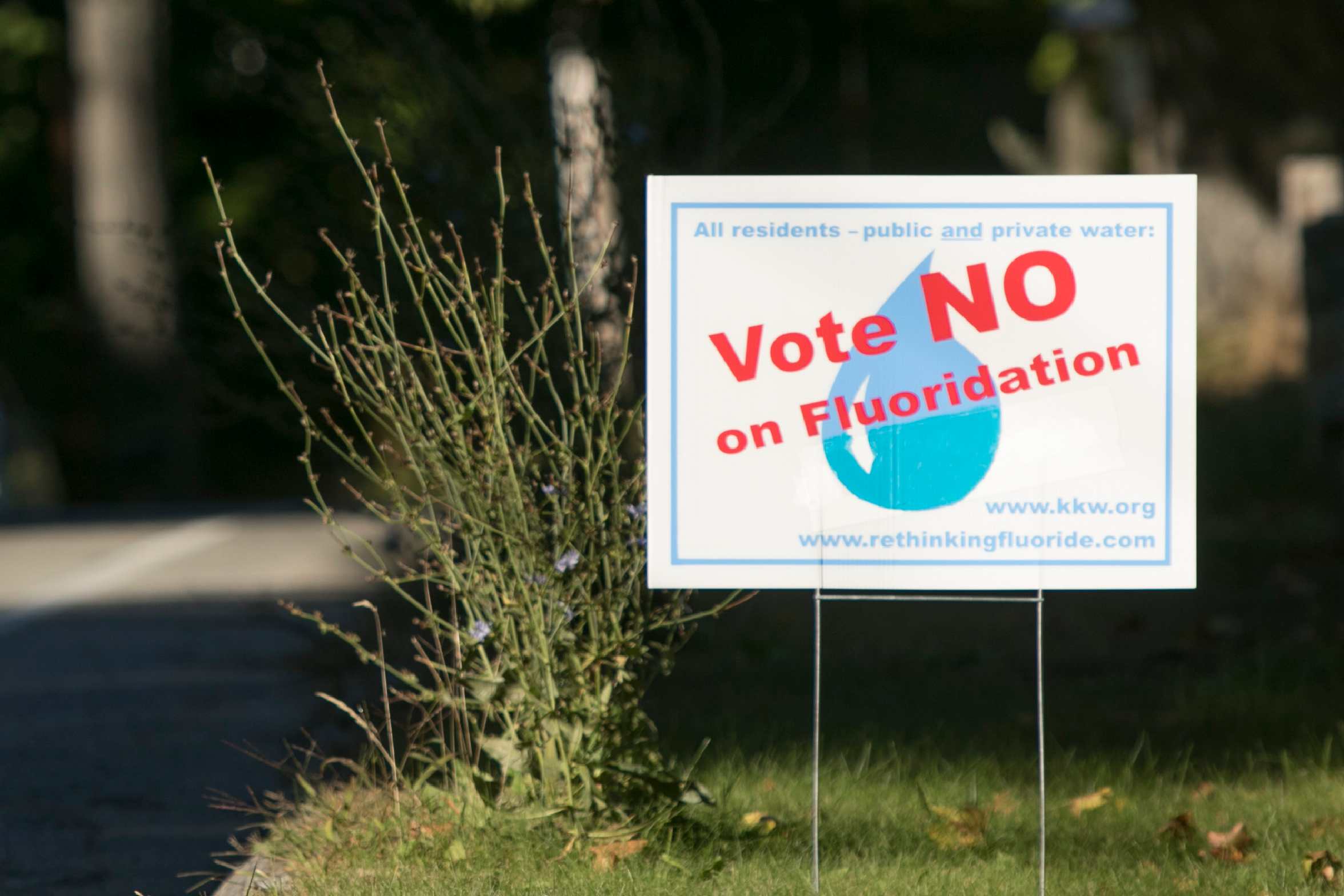…
It is a scenario playing out nationwide. From Oregon to Pennsylvania, hundreds of communities have in recent years either stopped adding fluoride to their water supplies or voted to prevent its addition. Supporters of such bans argue that people should be given the freedom of choice. The broad availability of over-the-counter dental products containing the mineral makes it no longer necessary to add to public water supplies, they say. The Centers for Disease Control and Prevention says that while store-bought products reduce tooth decay, the greatest protection comes when they are used in combination with water fluoridation.
The outcome of an ongoing federal case in California could force the Environmental Protection Agency to create a rule regulating or banning the use of fluoride in drinking water nationwide. In the meantime, the trend is raising alarm bells for public health researchers who worry that, much like vaccines, fluoride may have become a victim of its own success.
The CDC maintains that community water fluoridation is not only safe and effective but also yields significant cost savings in dental treatment. Public health officials say removing fluoride could be particularly harmful to low-income families — for whom drinking water may be the only source of preventive dental care.
“If you have to go out and get care on your own, it’s a whole different ballgame,” said Myron Allukian Jr., a dentist and past president of the American Public Health Association. Millions of people have lived with fluoridated water for years, “and we’ve had no major health problems,” he said. “It’s much easier to prevent a disease than to treat it.”
According to the anti-fluoride group Fluoride Action Network, since 2010, over 240 communities around the world have removed fluoride from their drinking water or decided not to add it.



You’re ignoring the overarching debate, but fine I’ll address your nit-picky distraction.
“Small” is a relative term, and to the amounts that would be harmless in all situations would have negligible health benefits, to the point of questioning “why bother”. Also even small quantities add up, such as the example of 2-gallon consumption on a hot day. What isn’t controversial or subjective, though, is pure water.
The simplest solution is usually best - instead of a one-size-fits-all “medicated” water approach, just take a multivitamin that works best for your individual biology and preferences… assuming you can’t consume foods which contain the variety of compounds our bodies need, being the ideal solution. Even the USDA recommendations for vitamins & minerals are mere guesstimated guidelines which varies per individual & lifestyle.
How do you know all of this? From where did you get your pharmacology degree?
Pharmacology implies drugs or synthetic compounds. The RDA stats are officially “guidelines” - Just ask your doctor or nutritionist to explain the fuzzy landscape to you, as well as the interactions & interplay between various compounds as they’re processed & stored by your body. Perhaps get a CBC to determine what you specifically need; they’re usually covered by insurance (assuming you’re in the states).
In other words, you have no actual academic expertise in this area and are playing armchair doctor.
This is the internet, friend. I could be a nobody, a deputy commissioner at the FDA, or a published researcher. Your mind will not change either way.
You could be, but given the chance to say if you had any medical expertise in this area, you declined. That’s not my fault.
No offense, but you’re not worth the compromise of my privacy. Good day, fellow time-waster.
Yes, that’s the issue. Believable. Because anyone could figure out who you are if you said something like “I have a biology doctorate.”
But you clearly don’t have any expertise in this area and you can’t even admit it.